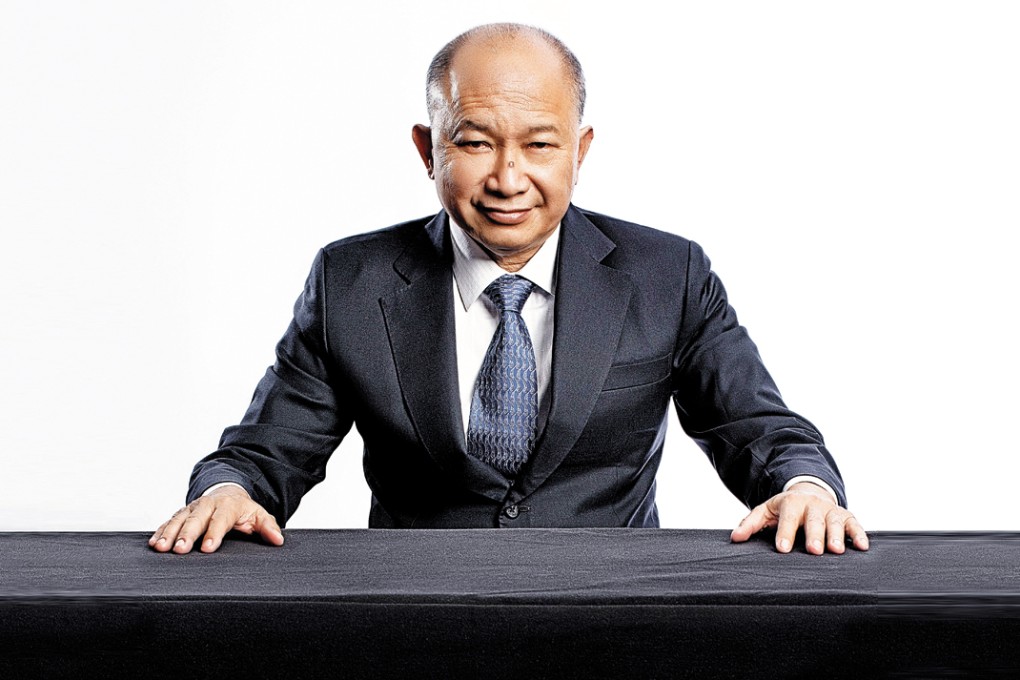John Woo's 'Chinese Titanic', The Crossing, a triumph over adversity
After his recent health scare, director John Woo returns with a two-part historical epic to promote and a renewed enthusiasm for his craft

While actors can appear insincere when it comes to praising their directors, today is different. You can practically feel the love in the room. "It's a dream for any actor to work with John Woo [Yu-sam]," says mainland actor Huang Xiaoming, one of several stars in an impressive pan-Asian cast in Woo's The Crossing I. "He's like a big father to us," says Zhang Ziyi, who co-stars in the epic based on the Taiping ferry disaster of 1949.
Such sentiments from his stars are understandable when you consider his career: one of the acknowledged masters of Hong Kong cinema, with films such as A Better Tomorrow (1986), The Killer (1989), Bullet in the Head (1990) and Hard Boiled (1992) Woo went on to take Hollywood by storm, delivering such blockbusters as Face/Off (1997) and Mission: Impossible II (2000) there before returning East for a phase of historical epics, notably Red Cliff (2008-2009) a dramatic war epic set at the end of the Han dynasty.

Yet it's about more than just acknowledging his influence on modern moviemaking. In 2012, Woo was diagnosed with a tonsil tumour; thankfully it wasn't throat or pancreatic cancer - as was reported in some circles - and an operation to remove the tumour in a Taipei hospital was a success. Understandably, work on The Crossing (previously known as both "1949" and "Love and Let Love") was delayed while he recuperated.
The way Zhang tells it, Woo was a changed man when the director finally saw the film roll before the cameras. She has it on good authority from her co-star Tong Dawei, who also starred in Red Cliff, that during that shoot Woo was under "a lot of pressure" and was "very stressed". But on The Crossing?

"He was smiling every day and very relaxed," she says. "After you have a life-changing illness, everything changes."